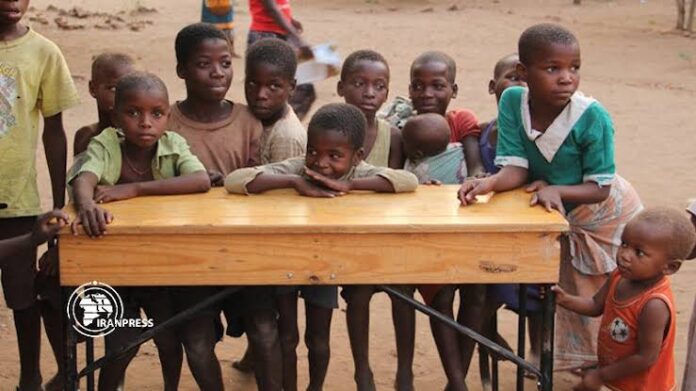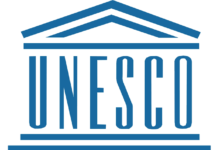Jacob Adebayo
UNESCO has warned government of countries across the world against reduction of education budget due to the effect of coronavirus on economy.
The body said effect of the pandemic had already put children education at the receiving end, adding that total aid to education is likely to decline by 12% by 2022.
The warning came during the finance ministers’ meeting at the UN to discuss Financing for Development in the era of COVID-19 even as the world marks International Literacy Day.
Speaking at the programme, UNESCO Director General, Audrey Azoulay, called on all those involved in education to redouble their investments and mobilize all their resources to unleash the potential of each individual in the service of a shared world.
Azoulay regretted and said that despite UNESCO’s continued commitment, historic literacy campaigns, national investment and the immense progress made by the majority of countries, despite the tenacity of all those who work daily for literacy, too many children, adolescents and adults are still deprived of this right.
Schools resumption: UN expresses concern over Nigerian students
Meanwhile, a report by the body at the meeting, also implored leaders of countries to invest more in education for low- and lower-middle-income countries.
“Investment for schools and learners must be maintained if not increased.
Governments must also direct a significant part of their education budget to the most marginalised regions and schools;
“Similarly, international donors must protect their share of international development aid towards global education, and, additionally use equitable funding to ensure that support is directed towards countries and regions with chronic inequalities. Only 47% of aid to basic and secondary education goes to low and lower middle-income countries, where it’s needed the most.
Ministries of education and social protection need to work together and target their policies towards the most disadvantaged. Social protection programmes, such as conditional cash transfers or child grants with an education component that aim to address poverty, for instance with a gender dimension, are particularly important. Policies like these, will make sure less children drop out of school.
The uncertainty about when schools will reopen means reduced participation and prolonged learning loss, particularly for the most marginalised children. We know from previous research that poorer learners are least likely to catch up, which will affect their future ability to earn a living. Long term planning for recovery from this pandemic must include increasing financing for education now in the form of remediation programmes, rather than waiting and facing bills for catch-up classes many will not be able to join or afford”. The report read.
.

















